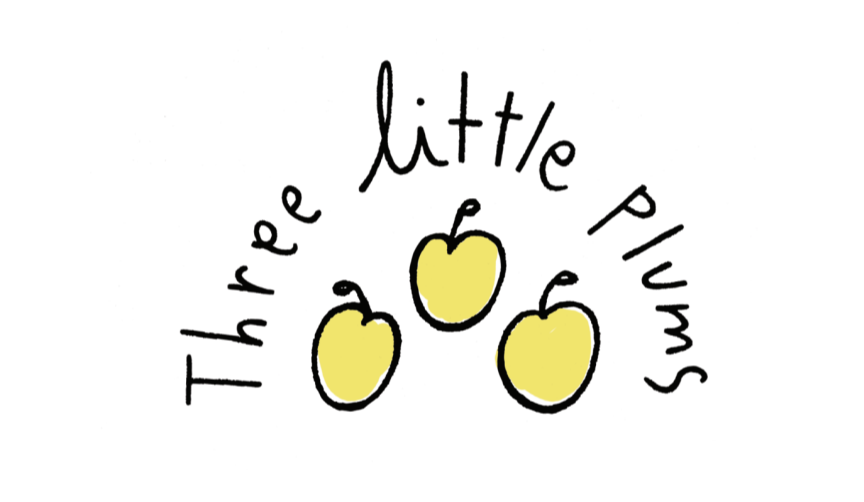Pediatricians Recommend Avoiding Plastics

The AAP is telling parents to avoid lunches like these for our kids
For almost 9 years I have been writing about the potential harmful heath effects that plastics can have on our children and recommending to stop, when possible, using plastic and switching to safer alternatives like glass and stainless steel. This week, FINALLY the American Academy of Pediatrics (AAP) sent out a statement urging families to limit the use of plastic food containers and consume less processed foods and food additives in order to lower children’s exposures to chemicals in food and food packaging that are tied to health problems.
THE FACTS
Today, more than 10 000 chemicals are allowed to be added to food and food contact materials in the United States, either directly or indirectly
Thousands of these have never been tested by the FDA nor any other government agency for safety.
A recent study found that our main source of exposure to endocrine disrupting phthlates is, in fact, through food contact materials.
Children are particularly susceptible to the effects of chemicals, given that they have higher exposures compared with adults (because of their smaller size ), their metabolic (ie, detoxification) systems are still developing, and key organ systems are developing and maturing and are vulnerable to disruptions.
Among chemicals that we are increasingly exposed to through food:
1. phthalates, which are used to make plastic packaging and commonly used in processed foods (ie tubing etc). They are endocrine disrupting (ie hormone mimicking) chemicals that will enter your body through food and interfere with the body’s natural hormones in ways that may affect long-term growth and development.
2. bisphenols (like BPA ) used in the lining of metal cans for canned food products. These are also endocrine disrupting chemicals link, additionally, to obesity.
3. nitrates and nitrites which are used as preservatives, primarily in meat products. They are also endocrine disrupting chemicals, linked with the thyroid
4. artificial food colors: associated with attention-deficit/hyperactivity disorder (ADHD) symptoms. Studies in the report found that kids who cut out synthetic food coloring from their diets had decreased ADHD symptoms.
5. perfluoroalkyl chemicals, or PFCs, used in grease-proof paper and packaging. They may reduce immunity, birth weight and fertility. They may also affect the thyroid system, metabolism, digestion, muscle control, brain development and bone strength.
6. Perchlorate:These food additives are added to some dry food packaging to help control static electricity. It’s known to disrupt thyroid function, early life brain development and growth.
The science in clear, and hopefully now pediatricians all over the US will join the fight to educate families about avoiding plastics for their young children.
The AAP statement:
1. urges families to limit the use of plastic food containers,
2. urges families to cut down on processed meat during pregnancy
3. urges families and pregnant women to consume more whole fruits and vegetables rather than processed food.
The pediatrics group suggests that doctors recommend families take the following steps in order to reduce chemical exposures to children:
Prioritize the consumption of fresh or frozen fruits and vegetables whenever possible.
Avoid processed meats, especially during pregnancy.
Avoid microwaving food or beverages — including infant formula and pumped breast milk — in plastic containers, and don’t put plastic food containers in the dishwasher.
Use alternatives to plastic, like glass or stainless steel, whenever possible.
Check the recycling code on the bottom of products and avoid plastics with recycling codes 3, 6 and 7, which may contain phthalates, styrene and bisphenols, unless they are labeled “biobased” or “greenware,” indicating they’re made from corn and do not contain bisphenols.
Wash hands before handling food and drinks, and wash all fruits and vegetables that aren’t peeled.
If you are looking for alternatives to plastic, head over to our Amazon Shop which we are just setting up and are slowly filling with my personal favorite plastic free items.
